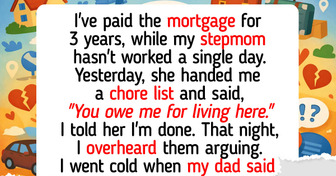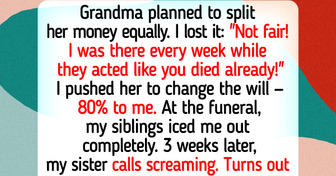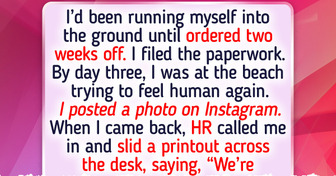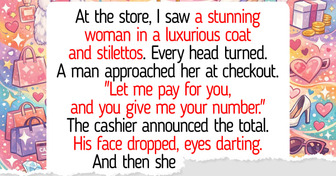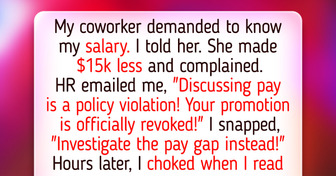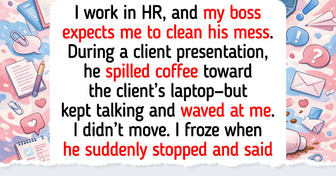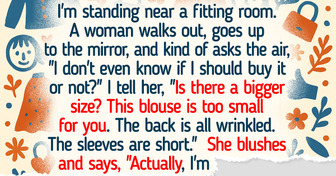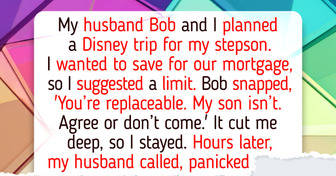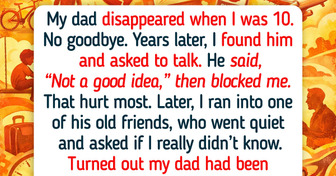My Daughter Disrespected My Sacrifices—And I Refused to Let It Slide
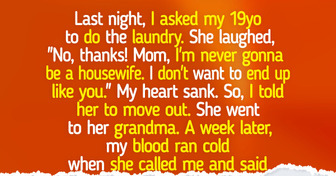
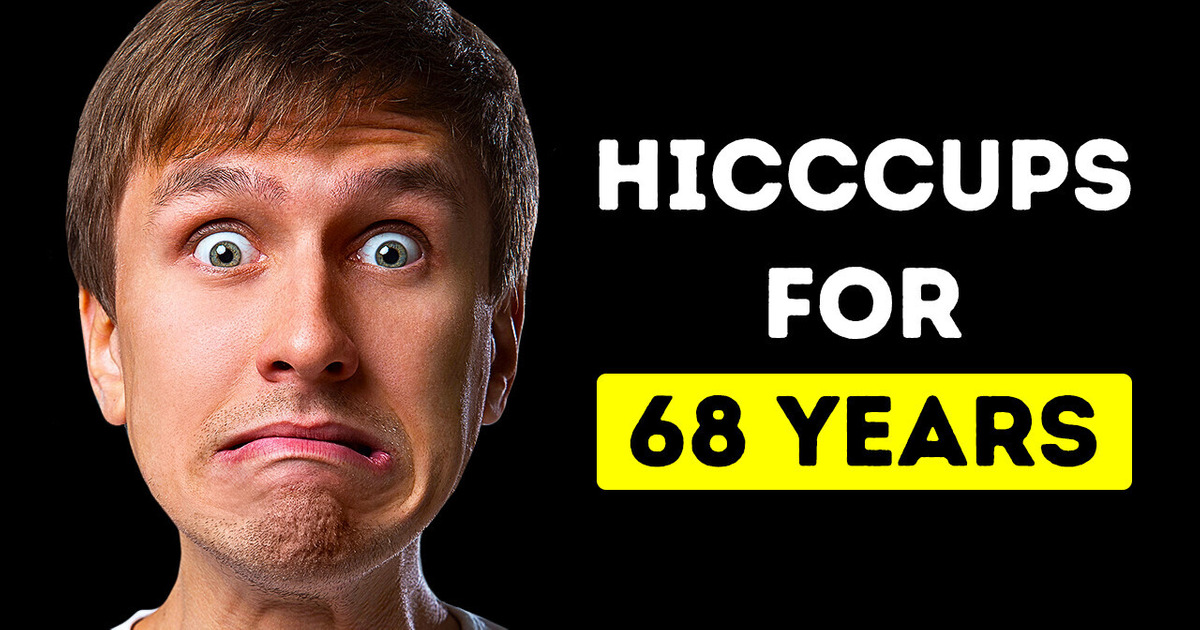
Once every couple of months you have bouts of hiccuping, that last 10 to 20 minutes, and you think that it’s horrible? Oh, my sweet summer child. Imagine hiccuping for 68 years straight. How would you like this?
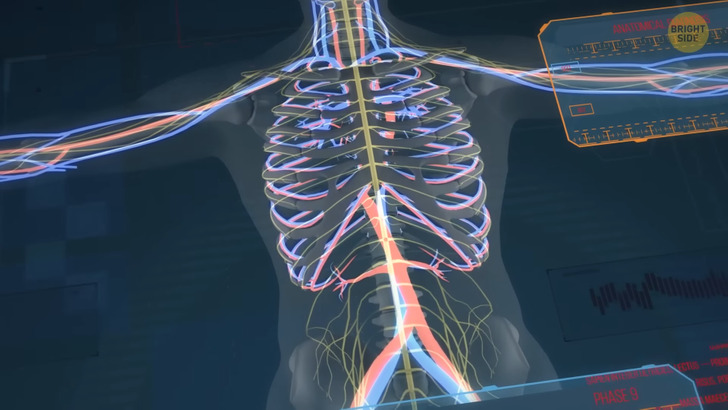
A man named Charles Osborne had quite a funny way of talking that he developed to hide the sound of his endless hiccups. Poor guy had been hiccupping nonstop starting from June 13, 1922, for over 68 years! So here’s the story: Osborne was born back in 1893, and he started hiccupping after a small accident on a farm in Nebraska. He fell over, but he didn’t feel anything weird until he started hiccupping like crazy. Doctors think that the accident might have damaged a small part of his brain that helps stop the hiccup reflex.
There are a few different theories about what might have caused his hiccups. Some people think that he might have hurt his ribs during the fall, and that messed with his diaphragm muscle. Others think that he hit his head and had a stroke. Either way, he was stuck with the hiccups for all his remaining life. Can you imagine having 20 to 40 involuntary diaphragm spasms per minute for that long? By the time Osborne finally stopped hiccupping, he had probably done it about 430 million times in total during all his 97-year-long life. It was so bad that he saw a number of doctors, sometimes traveling quite far, but nobody could fix it. One doctor even tried to help him by putting him on a mix of carbon monoxide and oxygen, and it helped for a bit. But that ended up being a bad idea since breathing in the poison gas wasn’t a safe solution.

Instead, Osborne had to learn a special breathing technique to minimize the “hic” sound that came with each spasm. He’d breathe in between hiccups and flex his chest a few times per minute to suppress the noise. It was still obvious that he was hiccupping since he’d heave and jerk, but at least it wasn’t as loud. Osborne had been hiccupping for 56 years when he became famous by giving an interview in 1978. He said that he’d do anything to get rid of the hiccups, and that he didn’t even know what it would be like to not have them. He was constantly sore from all the jerking and spasming. After speaking up he got a lot of attention in the media. He was even listed in the Guinness World Records and appeared on TV shows like “The Tonight Show Starring Johnny Carson” and “That’s Incredible.” People from all over the country sent him letters with suggestions for how to cure the hiccups, but none of them worked for more than a little while. But this ordeal didn’t stop Charles Osborne from living a relatively normal life. People knew him as a happy-go-lucky guy who loved cracking jokes and didn’t talk much about his condition. He married twice and had eight children. He sold farm machinery and auctioned off livestock for living.
In 1990, for reasons that are still a mystery, Osborne’s hiccups suddenly stopped after over six decades. Unfortunately, he passed away just a year later. I bet, however, that his last months were really happy, because they were finally hiccup-free! Despite all the medical advancements made since Osborne’s time, there is still no surefire way to cure prolonged hiccupping.
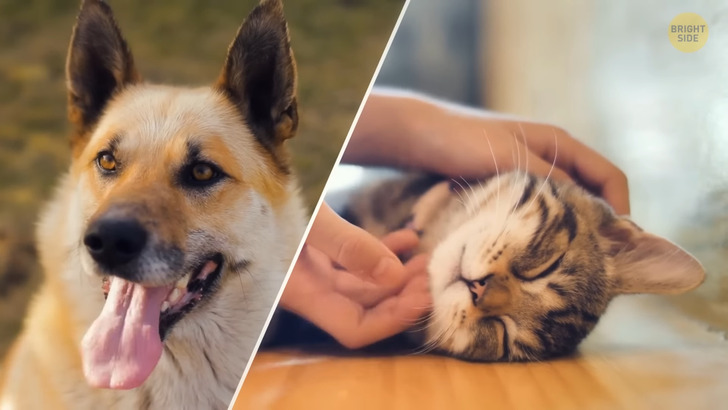
Hiccups are a strange phenomenon that have been around since the dawn of mammalian existence. We still don’t fully understand why they happen or what purpose they serve. Researchers are slowly uncovering the answers to two key questions: why do hiccups occur in the first place, and how can we stop them? Hiccups are a reflex action, similar to the way your leg jerks when a doctor taps your knee with a hammer. This reflex is found in many mammals, from household pets like dogs and cats to larger animals like horses and rabbits. When you hiccup, a nerve signal travels from your diaphragm, which is the muscle located at the bottom of your lungs, to your brain and back again.
This process is repeated multiple times, causing your diaphragm to contract and your lungs to expand. However, in the middle of the inhale, a reflex causes your epiglottis, which is a flap of tissue that sits at the top of your throat, to suddenly snap shut, creating the characteristic “hic” sound. This is how the sudden closure of vocal cords sounds. This cycle continues until the reflex is interrupted by something like holding your breath or drinking water.
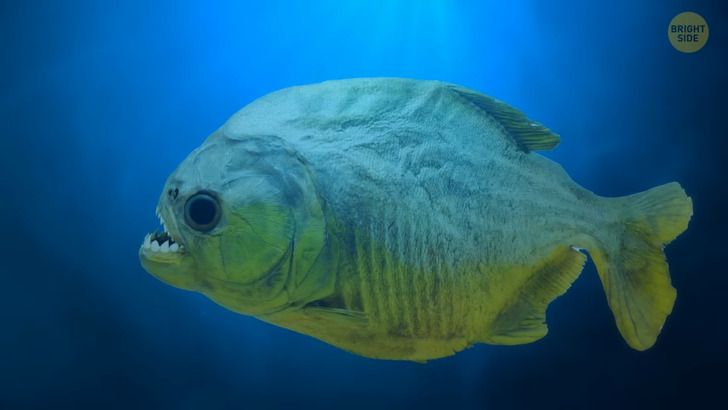
Hiccuping is caused by the phrenic nerve, which is a long and oddly shaped cord that goes from the chest to the diaphragm. It first appeared in mammals’ ancestors that were fish-like, but theirs was shorter and connected straight to the gills next to the brain instead of going all the way to the diaphragm. The reflex of hiccups might have been useful for amphibians that lived on land, as they needed to switch between breathing underwater with gills and breathing in the air with lungs. The epiglottis flap closed and thus sent water into their mouth and gills, keeping it from going to lungs. However, since humans no longer live underwater and do not have gills, why do hiccups still exist in us?They may have other benefits. For example, babies tend to hiccup more often than adults, especially while suckling milk. As they drink, they also swallow air, and the hiccups might be the body’s way of clearing the air from the stomach. This reflex might work like a self-initiated burp.
Interestingly, it’s not just young infants who hiccup a lot. Even fetuses as young as 10 weeks old have been observed hiccuping. This process might serve to train fetuses’ brains to map out their internal body. In other words, they need to learn where their diaphragm is located and how to control their breathing, and hiccups might help them “practice” breathing so they’re ready when they’re born. Approximately 4,000 people seek medical attention for hiccups each year in the United States. How to get rid of hiccups is one of the most commonly searched health questions on Google. Most hiccups resolve by themselves within two days, but longer-lasting bouts could indicate an underlying problem such as a brain tumor. Sometimes patients face continuous hiccups that don’t go away even after medical treatment, known as intractable hiccups. In such cases only treatment of the underlying condition helps.
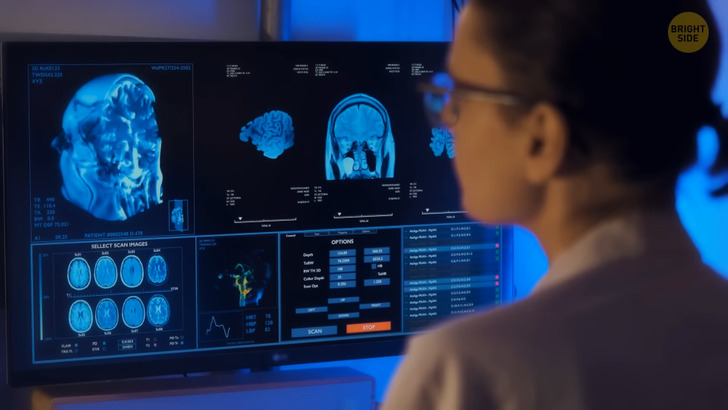
To address hiccups, doctors have tried different medications that aim to relax muscles and nerves that may cause diaphragm spasms, but there isn’t enough clear evidence to recommend a specific treatment. There’s a Japanese research group that has discovered a new method of curing hiccups, and it involves breathing in high-concentration CO2. It tricks the brain into thinking there’s a life-threatening emergency, causing it to forget about the hiccups. However, if you can’t travel to Japan for this treatment, you can try some old wives’ tales that have been proven to work, like drinking a whole glass of water in one gulp, standing on your head, or getting really scared. These methods work by interrupting the reflex arc, so the nerves and muscles are distracted by something else. This is a conclusion made by Ali Seifi, a neurointensivist who became obsessed with finding a cure after seeing a patient wake up with unexplainable hiccups after brain surgery.
Drinking water quickly, for instance, forces the diaphragm to keep creating suction, which keeps the phrenic nerve occupied. It interrupts one part of the reflex. Similarly, getting scared, for example, activates the vagus nerve, which has a calming effect, thereby interrupting the other part of the reflex. Ali Seif has created a tool called the Hiccaway, which is more consistent than the traditional methods, because it helps to combine both effects. It looks like a straw that requires the drinker to suck very hard, like drinking a thick milkshake, engaging both nerves and effectively ending the hiccups.

